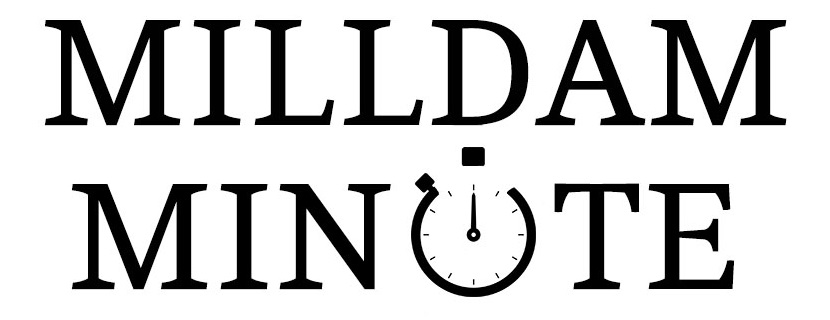Current News Cycle Shows Why Actionable Results Are Imperative
In an earlier blog post, I wrote about the importance of having a crisis communications plan and the basics of implementation. Even if you or your organization are not expecting a crisis (who is?) one will likely occur and your executives will need to spring into action. After all, you will be judged not only by your response but by the measurable actions your organization has taken for the future.
While the disgraceful conduct that has been all over the news this week reaches beyond Hollywood, (let’s not forget about the Fox News scandal that The New York Times broke earlier this year), the events of the last week got me thinking about how many times companies and high-profile individuals lack the judgement to intervene when a crisis is happening or wait to address the public before it’s too late, failing to take actionable results to accompany their response. Often, we find organizations and their executives issuing lofty statements with nice language that lacks concrete steps to ensure that the problem won’t happen again or they wait for a scandal to boil up out of control before they address it – another recipe for disaster.
In the case of Mr. Weinstein, it is clear that the executives and board of The Weinstein Company knew about the payouts and other unsavory information as far back as 2015. In fact, Thursday evening it was revealed that Mr. Weinstein’s contract allowed for sexual harassment so long as he reimburses the company for settlements and is assessed a fine. Furthermore, it has become clear that Mr. Weinstein’s behavior was one of Hollywood’s worst kept secrets (while there are many anecdotes, this bit from Seth McFarlane at the 2013 Oscar nominations is a pretty clear example). Not only does this provide an ethical challenge to the company by essentially enabling Mr. Weinstein, this news has shown that the company has been complicit in his behavior, which is incredibly difficult to recover from.
How and when an organization responds to a crisis makes all the difference for the future, and the first step is to put consumers and stakeholders at ease. I would advise Hollywood executives to conduct a thorough audit of the ongoing activity that is not only detrimental to their studios and related businesses, but also to their individual employees. When confronted with a new crisis, there are several tips on how to handle the situation and regain the trust of the public by implementing actionable results:
- No Waiting
When there is a company-wide issue or scandal involving a senior executive, notable figurehead or other public persona, deal with it immediately. Waiting doesn’t do any good and only exacerbates the story. We all know that some issues have more consequences than others and if you’re grappling with a serious problem with looming ramifications that may result in a person being terminated, this needs to be communicated immediately. Before the Weinstein story was published, Mr. Weinstein and his representatives were given two days to respond to it. They chose not to. Furthermore, we’re left to wonder how many more victims of Mr. Weinstein there were due to executives at The Weinstein Company not dealing with this behavior when allegations first surfaced.
- Provide Proof
If your organization is able to weather a crisis and you have identified actionable results, you need to update your stakeholders and ensure them that they are being fulfilled. This can be through news stories or periodic statements. Not only does this show the public of an ongoing effort to right a wrong, it also strengthens the organization’s credibility.
- Prevention
Put a system in place to ensure that similar disasters won’t happen and if they’re somehow able to, will be caught and mitigated when they come to light. When you take an action like this, your organization is communicating to stakeholders that it has learned from its mistakes and prioritizes preventing another incident like the prior one, further increasing credibility and trust with key audiences.
As with other crises, the events of the last week will eventually cease in the public discussion, but the problem will still exist throughout Hollywood and other industries. In fact, I’m willing to bet that Mr. Weinstein will not be the last Hollywood executive to have allegations of this nature brought to light. The question now is what measurable actions will the industry take to ensure that this type of activity is eliminated and how will they communicate proof to their stakeholders and consumers that they are following through on these actions? While the revelations that have been made public are beyond troubling, there is hope that something good will come out of this crisis which will help to prevent this kind of abhorrent behavior from happening again in the future.
If you would like to learn more about implanting these actions and crisis planning, please reach out to me at adam.waitkunas@milldampr.com

Adam Waitkunas authors the column “Anecdotally Adam” and is President of Milldam Public Relations.




